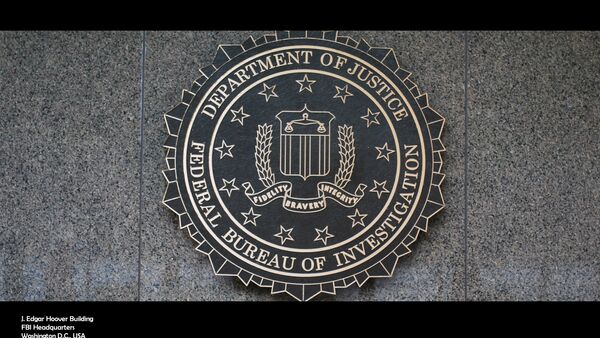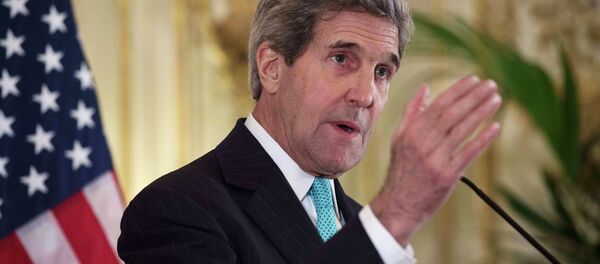"Since 9/11, as Human Rights Watch and others have documented, the FBI has routinely used paid informants not to capture existing terrorists, but to cultivate them," an op-ed devoted to the documentary release states, published in partnership with the Sundance Institute and the Guardian.
Although it is believed that FBI dismantles existing terror cells, receiving valuable data from informants infiltrated into terrorist networks, such a vision bears no relation to reality. Instead, the FBI is squandering time and taxpayer money on cultivating terrorists, targeting "angry, isolated and impoverished" Muslim men between 15 years-old and 35. Using anger as a manipulation tool, informants encourage their targets to become involved in terrorist activities. When targets are ready to commit a crime, FBI operatives step in and seize them.
At the same time "terrorism cases in the US since September 11, 2001 have raised serious fair trial concerns," notes Human Rights Watch report, citing "use of prejudicial evidence such as evidence obtained through coercion; classified evidence obtained by warrantless wiretaps that cannot be fairly contested; and inflammatory evidence, including evidence about terrorism in non-terrorism cases that unfairly plays on jurors' fears."
Targeted by the FBI counter-terrorism activities, Muslims' constitutional right to freedom of religion has evidently come under threat, the filmmakers claim. While the stated purpose of the FBI is protect the American society from terrorism, the bureau has created "a pervasive climate of fear and suspicion among Americans." Undermining trust between the state and Muslim American communities, the agency is damaging the US collective national security, the documentary stresses.





